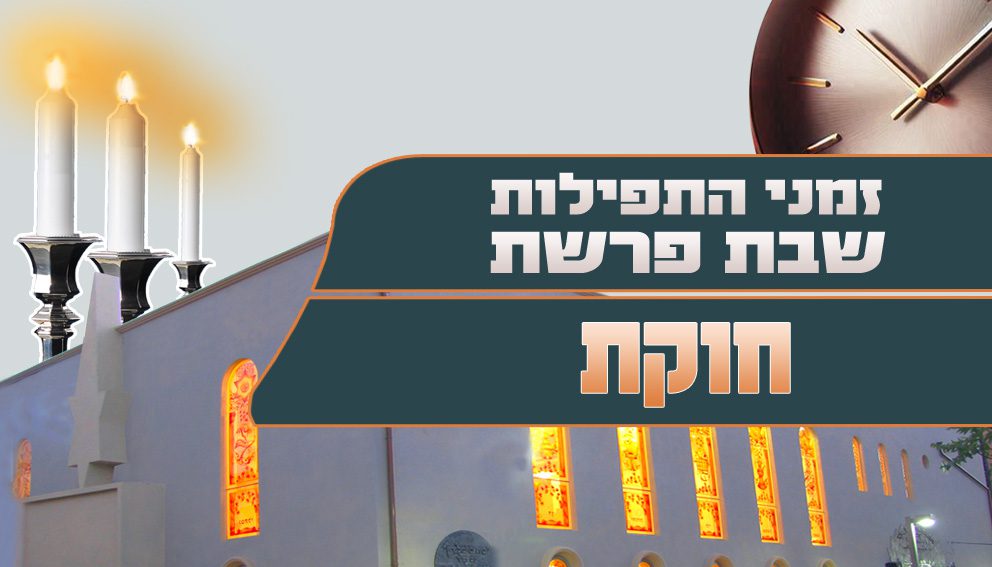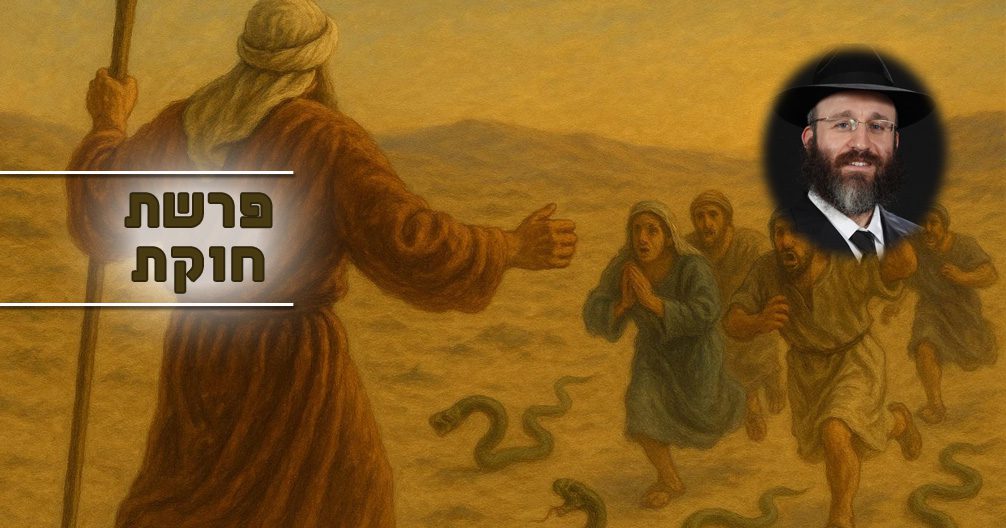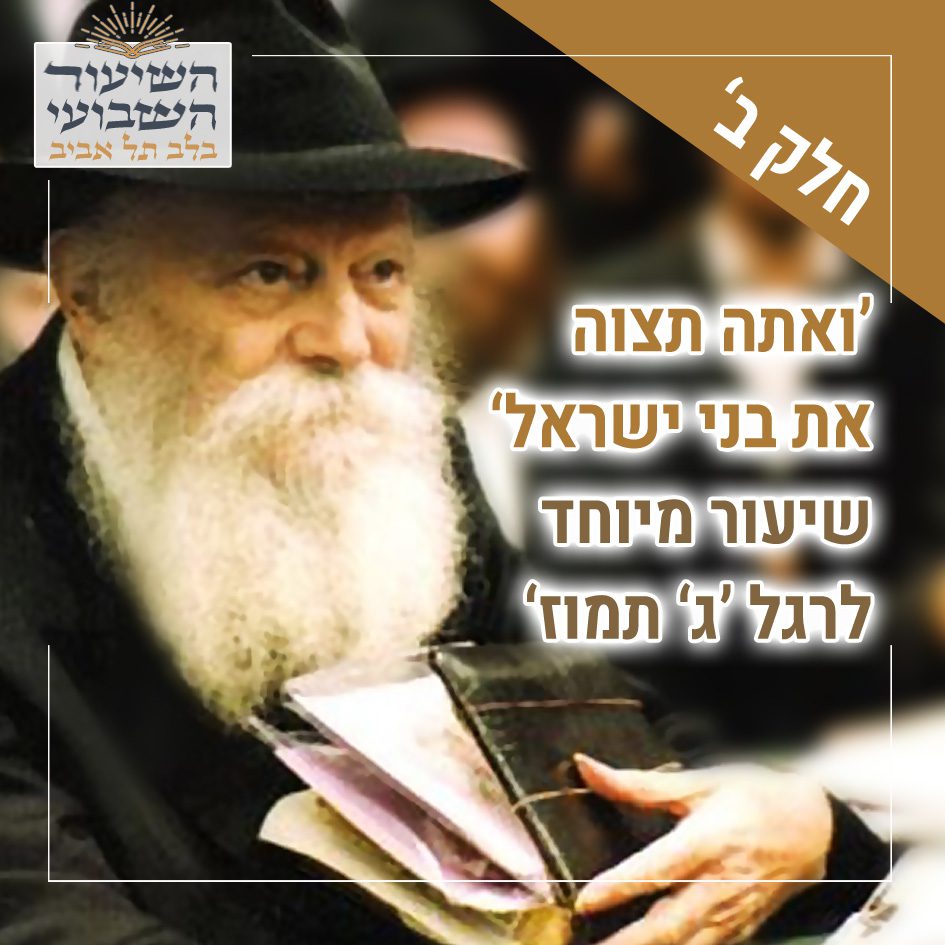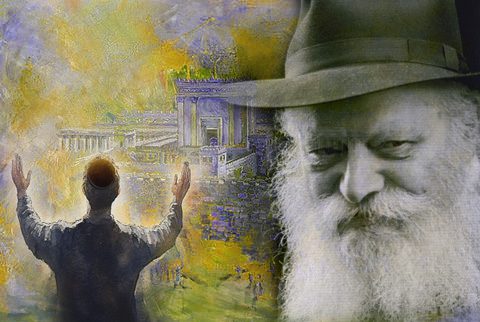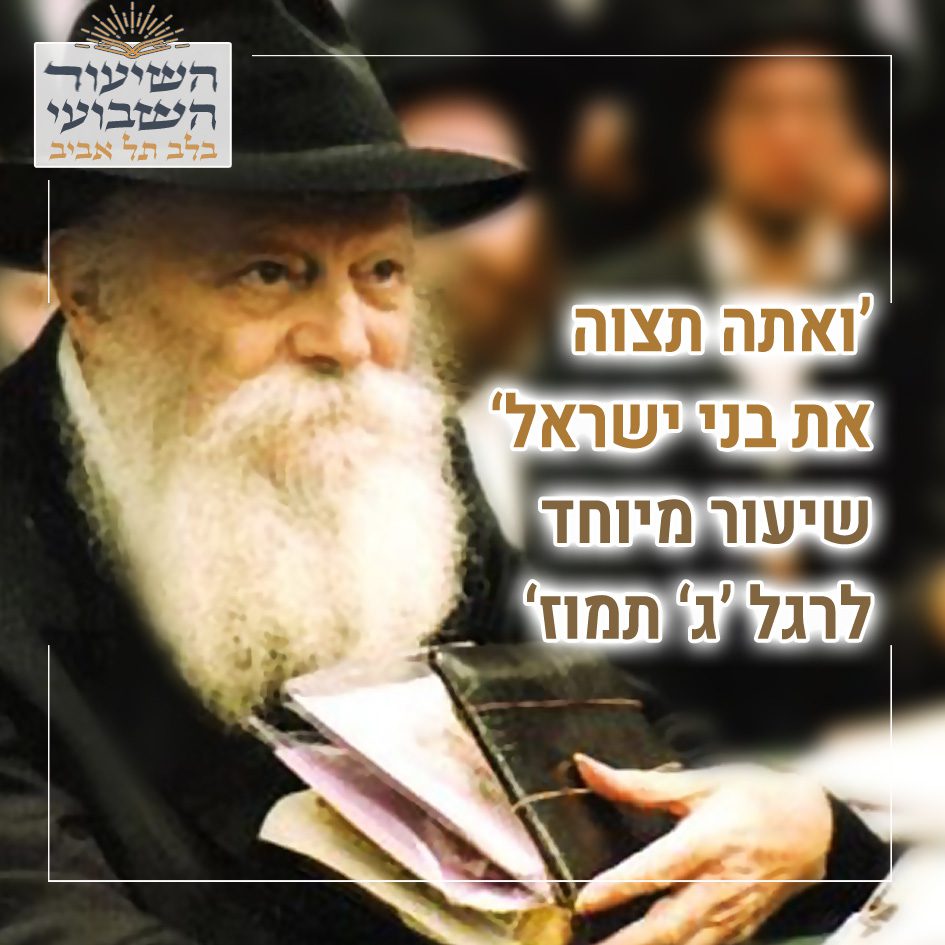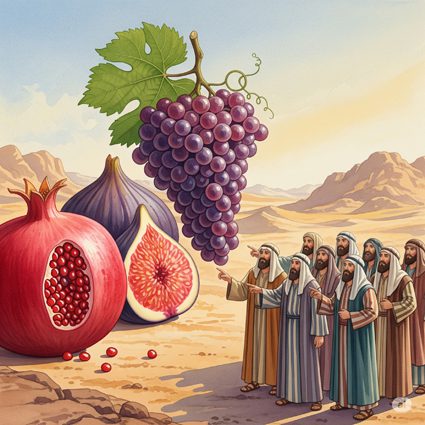"We see, for example, that children, and very often adults also, may be warned that overindulgence in certain foods will be harmful to them and make them sick later on, so that for a period of time they might not be able to eat anything at all; yet, they may nevertheless reject all restraints to gratify their immediate appetite or passion. In a like manner, G-d has given us the “yoke” of Torah and mitzvoth, telling us that whether one understands them or not, or whatever the temptation may be, one must carry out G-d’s commandments unquestioningly"
-The Rebbe
Is the Torah too rigid? Does it restrict the mind and body, and ultimately the life?
The Avner Institute presents the Rebbe’s thoughtful response to a Minnesota professor on the nature of Jewish observance – the need to accept mitzvoth unquestioningly but not passively; their pleasure and benefits, and the true freedom gained when the soul connects to its higher, limitless source. With special thanks to Rabbi Simpson, of the Rebbe’s secretariat and Rabbi Levi Gorelik for the photo.
This week’s e-mail is dedicated to Zalman & Mushkie Werdiger in honor of their newborn daughter Fanya Luria, May she bring her parents great joy and be raised to a life of Torah, and good deeds.
Good Shabbos
Menachem
Click on The Photo to Enlarge!
“The Bridge Spanning the Infinite Abyss”
Miss ——–
Minneapolis, MinnesotaBlessing and Greeting:
I received your letter with some delay. In it you write about the uncertainty you feel regarding commitment to Yiddishkeit, inasmuch as you think that life in accordance with the Torah and mitzvoth is restrictive, and limits the individual in personal creativeness, particularly in the area of thinking and choosing for oneself, etc.; so that it is hard to reconcile such commitment with the idea of personal freedom.
Frankly, this attitude is somewhat surprising, coming from a thinking person. I suppose the difficulty here is due to the superficial understanding of the meaning of the “acceptance of the yoke of the Torah and mitzvoth ,” because the word “yoke” suggests restrictiveness.
In truth, however, there are many things in daily life that a person accepts and follows without question, even if he or she is a highly gifted intellectual, with a searching bent of mind. Since you attend college, and have studied science, etc., you surely know that one does not go about starting everything in physics and technology from the beginning, by verifying everything through personal research and experimentation. For example, a person will board a plane without having first researched aerodynamics, etc., to verify that it is safe to fly in it, and that it will bring one to one’s destination at approximately the scheduled time.
Or take an example from the area of physical health. It is well-established that there are things which are useful or harmful to one’s health. A person will not go about trying to verify the efficacy of a particular drug through personal experimentation. Even if a person has a very strong personal inclination to do some research and experimentation, he will surely choose areas which have not been previously researched.
This generally accepted attitude is quite understandable and logical. For inasmuch as experts have amply researched these areas and have determined what is good and what is harmful to physical health, or have established the methods as to further technological advancement, it would be, at best, a waste of time to try to go over all those experiments from the beginning. Additionally, there is no assurance that one may not make some error, and arrive at wrong conclusions, with disastrous effects, as experience has shown in some cases.
Ultimate Health
What has been said above in regard to physical health is also true in regard to spiritual health, and how the neshama [soul] can attain perfection and fulfillment. All the more so since spiritual health is generally related to physical health, particularly insofar as a Jew is concerned.
Now the Creator of man, Who is also the Creator and Master of the whole world, surely has the best qualifications that might be expected of any authority, to know what is good for man and for the world in which he lives. In his goodness, G-d has already provided us with complete and final results, having put us on notice that if a person will conduct his daily life in a certain way, then he will have a healthy neshama in a healthy body, and it will be good for him both in this world and in the world to come. He has also left some areas where a person can carry on his own experimentation, in other matters that do not interfere with the rules laid down by Him.
In other words, it is quite certain that if a human being lived long enough, and had the necessary capacities, to make all sorts of experimentation, without distraction and interference and without error, he would undoubtedly arrive at the very same conclusions which we already find in the Torah which G-d has given us, namely, the need to observe Shabbat, eat kosher food, etc. But as mentioned above, G-d in His infinite goodness – and it is in the nature of the Good to do g00d — which is to spare us all the trouble, as well as the possibility of error, and has already given us the results beforehand, for the benefit of both the person who has the inclination and the capacity to search, as well as those who do not.
The expression “yoke” in relation to accepting the Torah and mitzvoth in daily life is to be understood in the sense that human nature makes it necessary to act on imperatives. For human nature and the yetzer hara [evil inclination] are such that an individual might easily succumb to temptation. Temptation is sweet at the beginning, but bitter at the end. But human nature is such that an individual may disregard the bitter consequences because of the initial gratification.
We see, for example, that children, and very often adults also, may be warned that overindulgence in certain foods will be harmful to them and make them sick later on, so that for a period of time they might not be able to eat anything at all; yet, they may nevertheless reject all restraints to gratify their immediate appetite or passion. In a like manner, G-d has given us the “yoke” of Torah and mitzvoth, telling us that whether one understands them or not, or whatever the temptation may be, one must carry out G-d’s commandments unquestioningly.
Limitless Blessings
There is a further point, and this is the most essential aspect of the concept of the yoke of the Torah and mitzvoth. It is that although, as mentioned before, the Torah and mitzvoth have been given for the benefit of man, both in this life and in eternal life, there is an infinitely greater quality with which G-d has endowed the Torah and mitzvoth. This is the quality of uniting man with G-d, the created with the Creator, who would otherwise have nothing in common. For, by giving man a set of mitzvoth to carry out in his daily life, G-d has made it possible for man thereby to attach himself to his Creator, and transcend the limitations of a limited being, living in a limited world. The Torah and mitzvoth constitute the bridge spanning the infinite abyss separating the Creator from the created, enabling the human being to rise and attach himself to G-dliness.
Of course, this quality can be attained only if the person observes the Torah and mitzvoth, not because of the reward that goes with it for the body, or for the soul, or for both, but purely because they are the will and command of the Holy One, blessed be He. It is also for this reason that the text of the brachah [blessing] which a Jew makes before fulfilling a mitzvah does not mention the utility of the mitzvah, but rather the fact that “He has sanctified us with his commandments and commands us.”
Finally, I would like to say that the fact that you have had some doubts and uncertainties should not discourage you at all. Indeed, the Torah desires a person to utilize all his capacities, including his mind and intelligence, in the service of G-d, as long as the approach is right, namely, the acceptance of the Torah and mitzvoth first. It is quite natural and even desirable that one should understand everything that is within one’s mental grasp. In your case this is of additional significance, because you have an opportunity to influence and benefit other young people who have the same bent of mind as you.
Much more can be said in connection with such a profound subject, but I trust that the above lines, though limited in quantity, have sufficient content to illuminate the true aspects of the matter. Besides, should you wish to discuss these matters further, you surely have friends among anash [community members] in London who will be glad to enlighten you.
With blessing,
[Signature]
דף הבית / תפריט ראשי / English / ?Yoke or Straitjacket
?Yoke or Straitjacket


